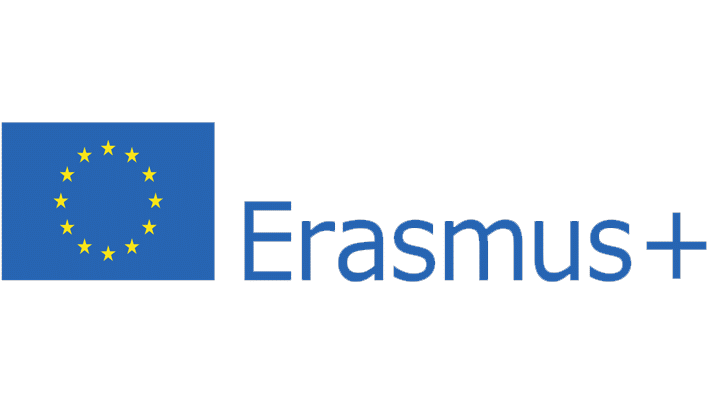INTERNATIONAL STRATEGY
AND COOPERATIONS
An active international policy
Since 2010, the ICT (Catholic University of Toulouse) has been using its networks (FUCE, FIUC) actively to expand its horizons, developing partnerships within Europe and throughout the rest of the world, and promoting student, teacher and staff exchanges with other European universities, by means the Erasmus+ Programme. Opening up internationally has proved a significant asset for the Institute, enhancing its appeal and raising its profile, with 105 partners listed with Erasmus+ and 69 cooperation agreements.
ICT’s aim is to involve all parties connected to the Institute (faculties, schools) in this global outreach, and to collaborate with regional (CROUS, Conseil Régional Occitanie, etc…) and national (ministère de l’Enseignement Supérieur et de la Recherche; ministère de l’Europe et des Affaires Etrangères, Campusfrance, l’AUF, etc…) organisations.

International strategy: Plan of Action
- Develop a strategy for targeting international partnerships, with special focus on projects concerning francophone partners such as Lebanon or Belgium
- Apply to join European projects, having been granted the New Erasmus Charter 2020-2027 at the end of December 2020 with a score of 100/100
- Start the digitisation process for the Erasmus+ Programme (“EWP” Erasmus Without Paper)
- Collaborate with the IT Department to create a European Student Card
- Promote the Erasmus + Programme with student and staff mobility.
- Develop specialised classes in English for our students and Erasmus+/exchange students (e.g.: a master class in Law School)
- Set up a foreign language policy (required certifications, ICT’s Cambridge exam centre), language classes linked to our partners (e.g.: Japanese, Chinese, etc…), a widely encouraged “French as a foreign language” policy (the IULCF Institut Universitaire de Langue et de Culture Françaises – University Institute of French Language and Culture, under the label France Education International, TCF exam centre)
- Welcome international students and teachers as best we can, and uphold a Quality Standard (through a satisfaction survey at the end of the exchange)
- Promote interculturality within the Student Body, the ICT’s International Relations Department and the IULCF; work in collaboration with the Faculties to organise intercultural events such as International Evening gatherings or a Welcome Day.
The international aspect of the ICT is indispensable nowadays, playing an active role in the personal and professional development of our students and staff, in the implementation of diverse projects, and in creating a more humanitarian, intercultural and outward-looking university campus.
The ICT has been listed on the Erasmus+ charter since 2008; our institution has constantly renewed its Erasmus+ affiliation with the European Commission to encourage the Erasmus+ Programme aimed at its students and staff. The inter-European mobility projects, renewed every year, hold a vital place in the ICT’s internationalisation strategy.

